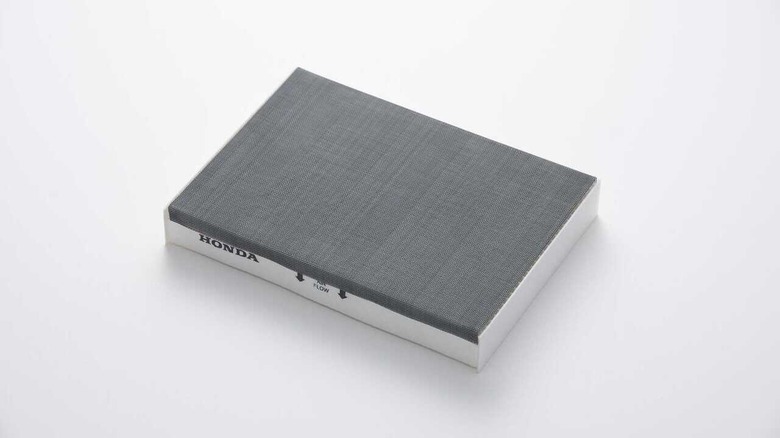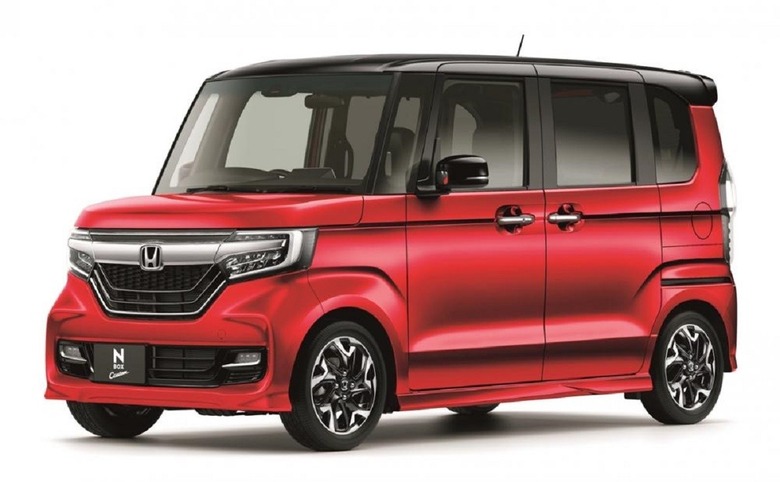Honda's Innovative Kurumaku Air Filter Can Literally Destroy COVID-19 Droplets
Honda has come up with an obvious solution to protect car owners from COVID-19 infection. In a new press release, Honda Japan is introducing its latest Kurumaku cabin air filter. This new antiviral add-on not only catches coronavirus droplets inside the cabin, but the filter surface can damage and destroy COVID-19 virus cells in the process.
We admit, wearing face masks and shields inside the car is uncomfortable (and annoying). Face shields also affect your vision, especially when driving under intense sunlight. And when you think about it, there is little a driver can do to protect itself from COVID, specifically from virus droplets that enter from the outside – like when coming from a grocery store, for example.
Honda's latest Kurumaku air filter can solve this problem. But unlike Geely's CN95 cabin filter, Honda's version can destroy existing virus particles inside the cabin. According to Honda, Kurumaku rests above the standard cabin filter, offering up to 15,000 kilometers (around 9,300 miles) of protection against COVID-19.

As such, you'll need to replace Kurumaku at least annually or every 15,000 kilometers to maximize its virus-fighting potential. Kurumaku benefits from a zinc-phosphate chemical conversion treatment – the same process for automotive rust protection – to trap and eliminate coronavirus droplets inside the cabin.
Honda claims its newest cabin filter removes up to 99.8-percent of coronavirus droplets within 15 minutes of air recirculation. It will not remove viruses from hard surfaces (such as door handles and window switches), but it gives you less to think about concerning the presence of COVID-19 air droplets inside the cabin.

Honda's innovative and potentially life-saving Kurumaku cabin air filter will be first available in Japan's N-Box kei car. However, you can expect it to possibly come standard to other Honda vehicles in the not-so-distant future, hopefully soon.
In the meantime, we're hoping other carmakers will offer similar innovative solutions to protect both drivers and passengers from coronavirus infections, especially in the face of a new COVID-19 strain that experts deem is far more contagious than before.
